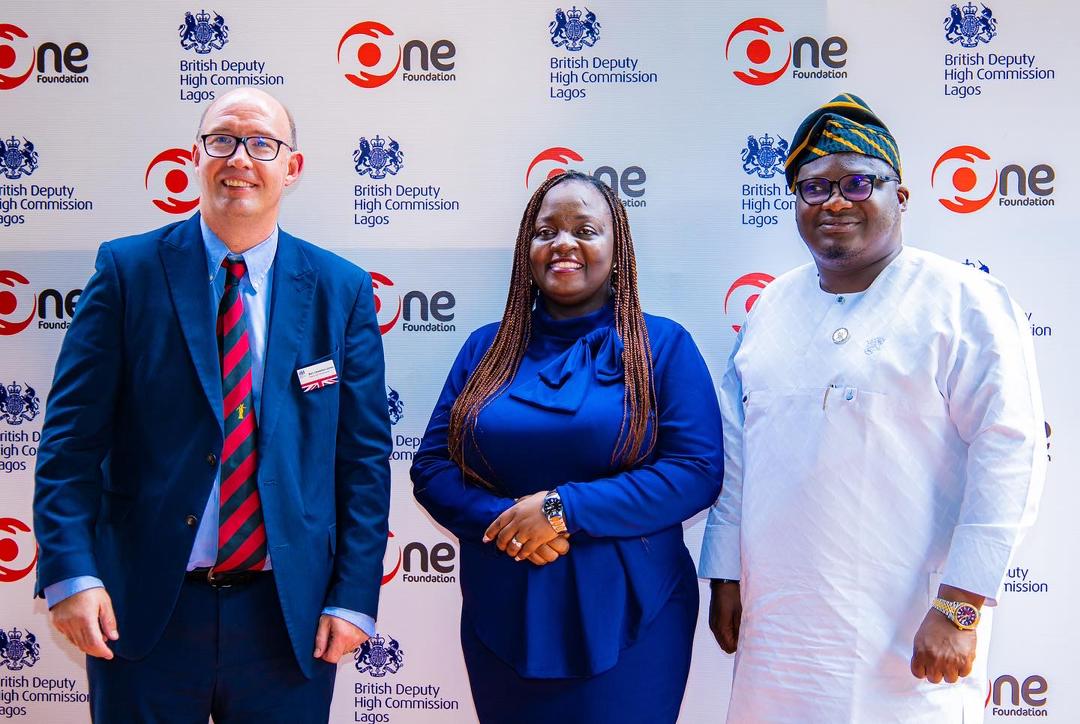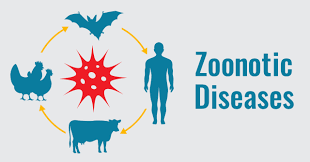Sterling One Foundation is seeking sustainable partnership with the media on the reportage of climate change issues.
Mrs Olapeju Ibekwe, Chief Executive Officer, Sterling One Foundation, made the appeal on Thursday in Lagos at a Media Dialogue in commemoration of the International Day for Climate Action.
The event was organized by the foundation in partnership with the Deputy British High Commissioner
Ibekwe said that the media is critical in reporting the devastating impact of climate change across the world.
She said that the recent flooding across some states in the country was a sad reminder of the devastating effects of climate change.
According to her, communities in eight Local Government Areas in Anambra State were completely submerged by flood two weeks ago, causing huge economic and human losses.
“As we are gathered in this room today, thousands of people are displaced and unimaginably distressed in Lokoja, Kogi states where homes, business investments have been lost,”
” It is reported that 76 people died in Anambra trying to escape the flood. Ibekwe said.
While reeling data from the National Emergency Management Agency (NEMA), Ibekwe said that human loss to flooding in 2022 alone has been put at 500 deaths and I, 546 injuries.
The CEO said that the media has a special role to play in reporting responses to the rising incidences of flooding, heatwave, water shortage, deforestation and other consequences of climate change.
Ibekwe said that the International Day for Climate Action is set aside to take stock of the progress achieved and to appraise the rest of the journey with a view to determining the most effective steps to achieve the global goal of cutting emissions and going green.
She said that the state of the Climate in Africa 2020 Report warned of the continent ‘s disproportionate vulnerability.
She said that the report estimated that by 2030, up to 118 million extremely poor Africans would be exposed to droughts, floods and extreme heat.
“The report estimates that the investment in climate adaptation for sub Saharan Africa would cost between 30 to 50 dollars each year over the next decade or roughly two to three per cent of GDP- enough to spark job opportunities and economic development while prioritizing a sustainable and green recovery.
” There has never been a more urgent need to revive damaged ecosystems than now and we need urgent action to address these pressing issues. We must shift from harming the planet to healing it”
“Unfortunately, in Nigeria, we still experience ignorance, apathy, carelessness, and lack of sustained commitment when it comes to issues around climate change,” Ibekwe said.
She said that the role of the media in communicating climate change and actions , effectively breaking breaking down the implications and setting agenda is more critical now than ever.
Ibekwe said that time was running out and nature is in emergency mode
” To keep global warming below 1.5 degrees this century, we must halve greenhouse gas emissions by 2030.
“Without action, exposure to air pollution beyond safe guidelines will increase by 50 per cent within the decade and plastic waste flowing into aquatic ecosystem will nearly triple by 2040,” Ibekwe said.








I don’t think the title of your article matches the content lol. Just kidding, mainly because I had some doubts after reading the article.